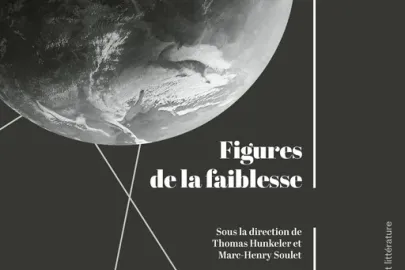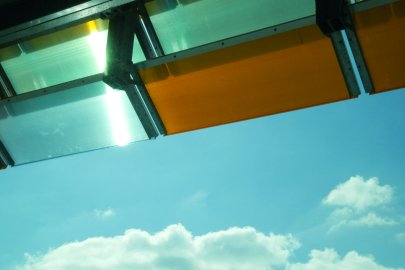Literature, University of Nantes, France

Octobre 2016 à Juin 2017
Jacques Athanase Gilbert is a Professor of General and Comparative Literature at Nantes University. His background is both literary and philosophical. He defended his thesis on the subject La relique under the guidance of Henri Meschonnic in 1990.This work looks at the special status of relics between presence and representation.In 1995, he joined Nantes University as a lecturer in the faculty of Foreign Languages and Civilizations where he fulfilled an administrative and pedagogical role. He went on to develop his research into questions of presence and representation, more specifically in their esthetic and religious dimensions. His work deals with a long period, from Antiquity to the Classical Age.From the beginning of the 2000s, he took a keen interest in the digital transformation which he immediately saw from a perspective of digital representation and simulation of the world. This led him to consider the issues of immersion which he studies both as technological environment substitution and as a “symbolic form” embodied in cultural anthropology. Detailed CV : http://lamo.univ-nantes.fr/CV-Jacques-Gilbert
"Representation and Immersion"
The project investigates the relationship between representation and immersion. It aims to show how today’s digital environments recompose and reorganize the possibility of a simulation by imitation (mimèsis) such as it might have been suggested and theorized in the past. It is first necessary to carry out archaeological and genealogical research on imitation in order to place the question in the long-term context of esthetic and poetic theories. However, representation and immersion take place within an entirely different framework as this illusory simulation no longer acts as a simple imitation but as a representation - the reiteration of an initial presence – and as a substitution when an immersive environment is created. It thus becomes apparent that the question is not simply esthetic but that it also concerns the relationship with the world around us. Does the immersive environment produced by digital objects generate over time a “new reality” which supplements or even replaces the immediate reality?

